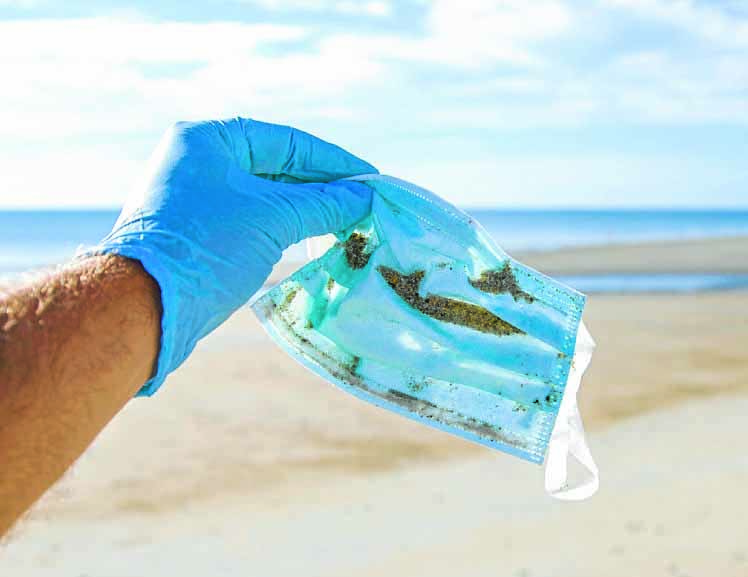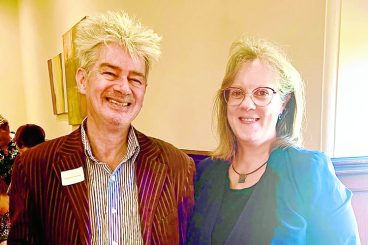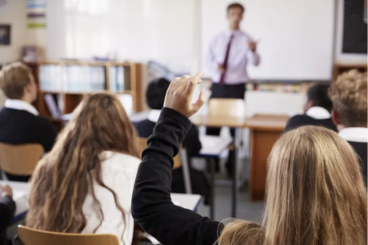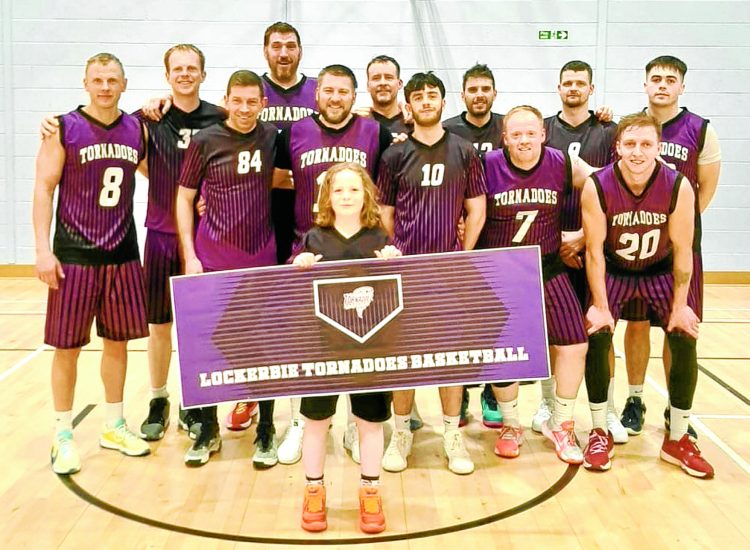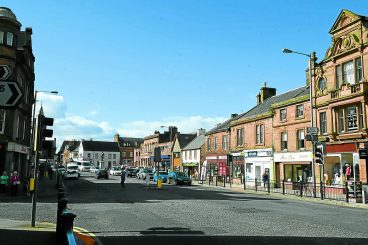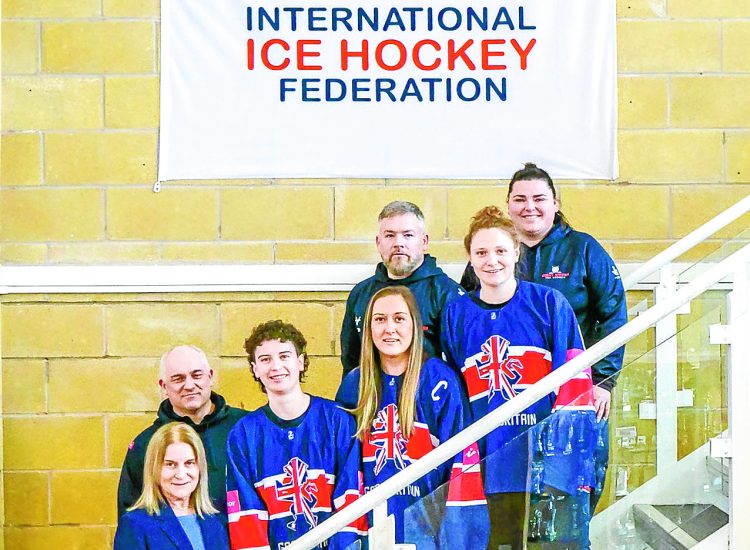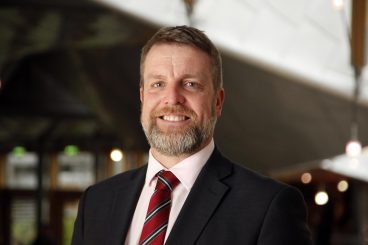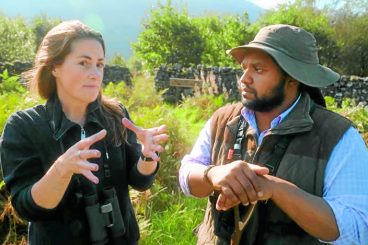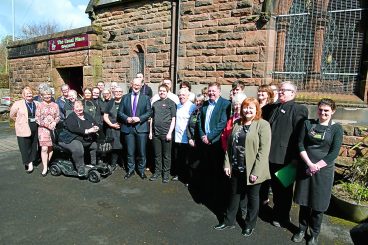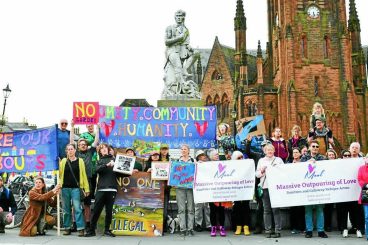They are teaming up with Heriot-Watt University to revolutionise how used waste, including masks and respirators, is treated and turned into new products.
Since the start of the pandemic, an estimated 8.4m tonnes of plastic waste has been generated from 193 countries, the majority of which ends up in landfill or, in some areas, in the ocean.
The new Knowledge Transfer Partnership (KTP) project will turn the waste into a secondary raw material called pyrolysis oil, which can then be refined into new commercial products like new PPE products or fuels.
The project, which aims to create a robust circular economy approach for plastics, will run for two years.
Over the last two years, Globus Group, which owns Alpha Solway, has been producing one billion medical masks and 300 million FFP respirators per annum for healthcare trusts across the UK. The manufacturing process currently results in 7g of waste material per medical mask.
The new scheme will develop an innovative process for cost and energy-efficient recycling and repurposing of this PPE waste. As part of the initiative, Globus Group has implemented innovative sustainable thermal heating technology at its factory in Dumfries, which will reduce the company’s PPE waste by an estimated 85 per cent and provide raw materials for new products.
CEO Haraldur Agustsson said: “Placing environmentally green materials, technology, sustainability and recycling projects at the heart of our future strategy and investment is now key to our goals moving forward.”
Pete Lee, head of quality at Globus Group, added: “This machine is a fundamental part of our process to re-purpose and utilise waste material to achieve a circular economy.
“This technology will be a real game changer in the way we tackle our PPE waste.”
Dr Aimaro Sanna, an assistant professor in chemical and process engineering at Heriot-Watt University is an expert in thermochemical conversion of biomass and waste material. He said: “This project is a significant step towards addressing the increased waste generated during the global pandemic.
“Initially the research will help to recycle over 100 tonnes of product generated by the manufacturing process every year – the equivalent to 10kg of waste every hour.”





